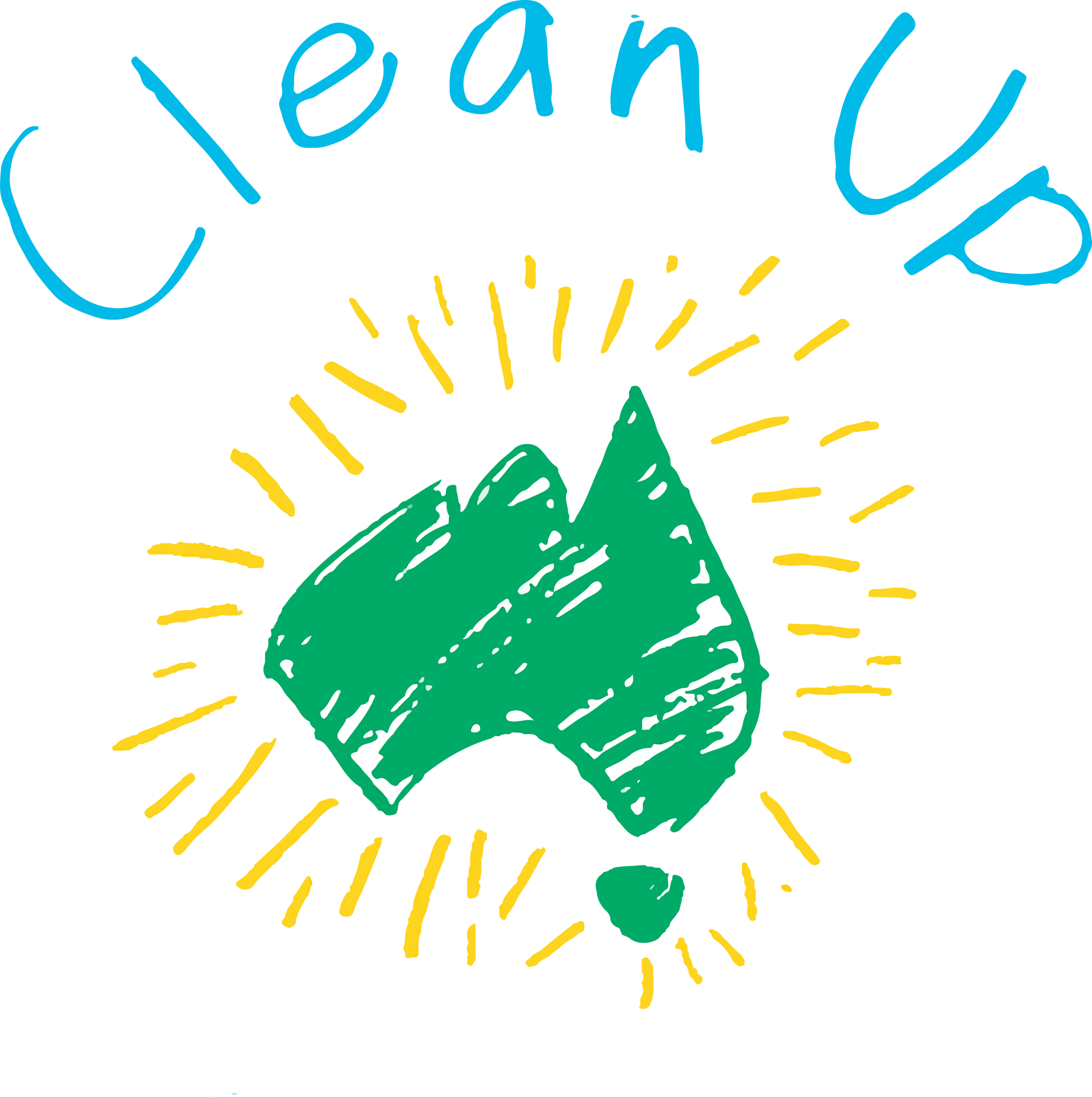Progress on tackling Australia’s waste challenges
Clean Up Australia welcomes the announcement by National Environment Ministers to harmonise kerbside waste collection, roll out Food Organics and Garden Organics (FOGO) collection services and phase out ‘problematic and unnecessary’ plastic product types by 2025.
By Pip Kiernan, Chairman of Clean Up Australia

A virtual meeting of National Environment Ministers has reaffirmed their commitment to work together to address our environmental challenges and to implement the National Waste Policy Action Plan.
We need a national and consistent approach to solve our waste challenges. We can’t operate in silos; a unified approach is required to make meaningful changes. The phasing out of certain problematic and single use plastics is in keeping with community expectations.
Last month, Clean Up Australia surveyed over 9,000 volunteers on Clean Up Australia Day, asking “Do you support government legislation phasing out single-use plastics?” 95% of respondents agreed. These are the items our volunteers collect in their efforts to Clean Up Australia – and they’re the items our community tell us they want to see banned. These plastics are not designed to be recycled – they’re used once and discarded. They’re filling our landfills and will outlive all of us if they end up in the environment.
Under the National Waste Policy Action Plan, ‘problematic and unnecessary’ plastic product types will be phased out nationally by 2025 (or sooner in some cases). These are:
• lightweight plastic bags• plastic products misleadingly termed as ‘degradable’• plastic straws• plastic utensils and stirrers• expanded polystyrene (EPS) consumer food containers (e.g. cups and clamshells)• EPS consumer goods packaging (loose fill and moulded)• microbeads in personal health care products
Half of all single items reported by Clean Up Australia volunteers in 2020 were plastic or contained plastic. We know Australians are concerned they are producing more packaging waste than ever and our community has long been frustrated. We need to change the way we produce and consume plastics, and now is the time for governments, industry and consumers to work together in driving sustainable change.
Environment Ministers also confirmed they will work collaboratively to improve the harmonisation of municipal waste collection, which is long overdue. A consistent kerbside recycling collection is critical. Contamination is the biggest issue when it comes to recycling; we can’t capture and recover resources effectively if people are unsure about what goes in which bin, which is fed by inconsistency across council areas and different coloured bins. Australians want to recycle but there is confusion and it’s hard to inform the public about how to better recycle without national consistency.
The Ministers also announced in principle support to a roll out of Food Organics and Garden Organics (FOGO) waste collection services. This is welcome news, as up to half of everything in people’s household bins, is on average, food waste, with Aussies sending over 7.3 million tonnes of food waste to landfill every year.
A national FOGO collection will have a massive impact on reducing waste to landfill and in turn reducing methane emissions from landfill. FOGO is a valuable resource that we need to capture and repurpose.
The Ministers also agreed to harmonisation for Container Deposit Schemes, with consistency across containers (size and products), refund amounts, standards for labelling, and community education by the end of 2025, ensuring consistent recycling collection strategies across the country.
We now see government and business stepping up to bring about change – and national co-operation and consistency will drive this forward and reduce confusion.
Search for other blog topics:



